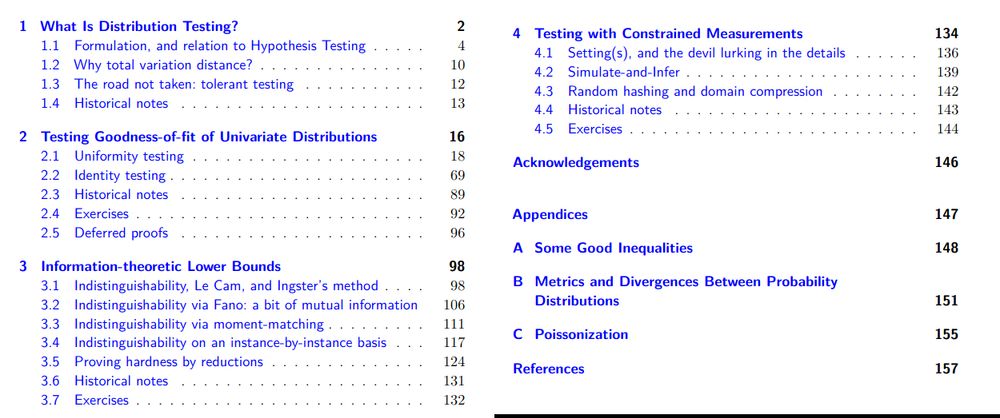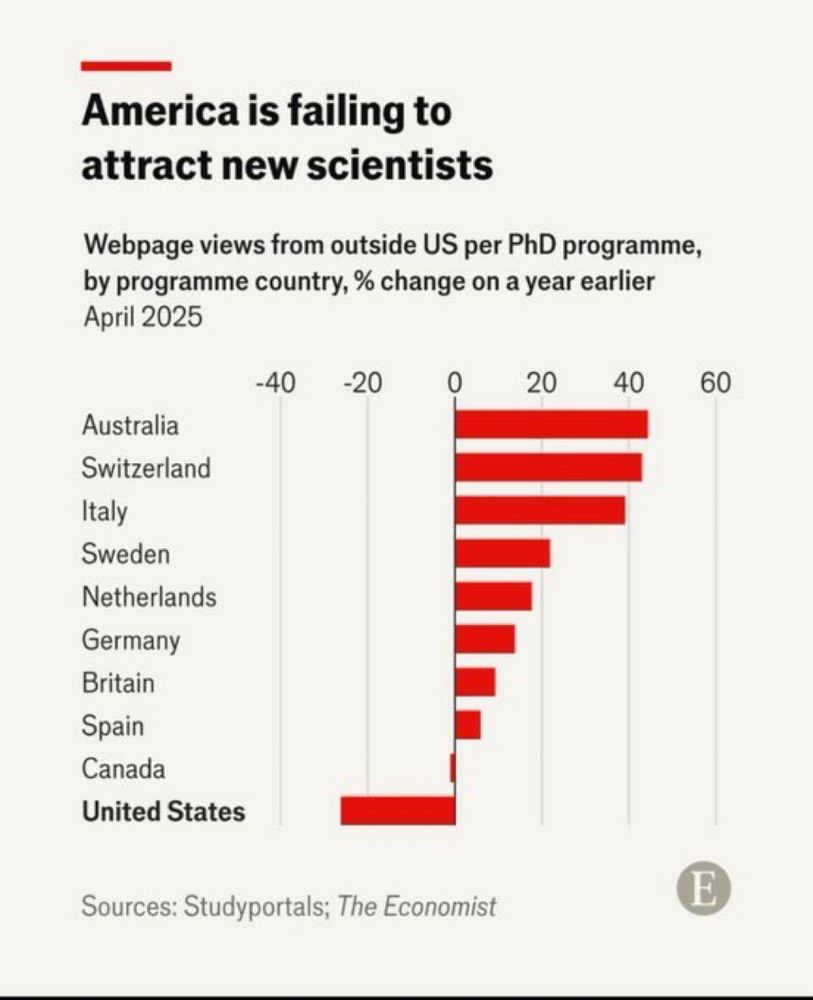Clément Canonne
@ccanonne.github.io
6.7K followers
560 following
2.3K posts
Senior Lecturer #USydCompSci at the University of Sydney. Postdocs IBM Research and Stanford; PhD at Columbia. Converts ☕ into puns: sometimes theorems. He/him.
Posts
Media
Videos
Starter Packs
Pinned
Reposted by Clément Canonne
Reposted by Clément Canonne
Reposted by Clément Canonne
Reposted by Clément Canonne
Reposted by Clément Canonne
Reposted by Clément Canonne
Reposted by Clément Canonne







![A short proof: here is the LaTeX code.
**Proof.** We have, for any $\color{blue}{\lambda} \in\mathbb{R}$,
\begin{align*}
\mathbb{E}[(X-\color{blue}{\lambda})^2]
&= \mathbb{E}[(X-\color{red}{\mathbb{E}[X]} + \color{red}{\mathbb{E}[X]} - \color{blue} {\lambda})^2] \\
&=\mathbb{E}[(X-\color{red}{\mathbb{E}[X]})^2 + 2(X-\color{red}{\mathbb{E}[X]})(\color{red}{\mathbb{E}[X]} - \color{blue} {\lambda}) + (\color{red}{\mathbb{E}[X]} - \color{blue} {\lambda})^2]\\
&=\underbrace{\mathbb{E}[(X-\color{red}{\mathbb{E}[X]})^2]}_{=\textrm{Var}[X]} + 2\underbrace{\mathbb{E}[X-\color{red}{\mathbb{E}[X]}]}_{=0}(\color{red}{\mathbb{E}[X]} - \color{blue} {\lambda})] + (\color{red}{\mathbb{E}[X]} - \color{blue} {\lambda})^2
\end{align*}
and that's all. (The first step is a trick known as *"hiding zero:"* writing $0=a-a$. 🤷)](https://cdn.bsky.app/img/feed_thumbnail/plain/did:plc:ac6qioenkpl3jmmnib3tpbhb/bafkreieevv3petzx4kqxx3o6i4oqtugsjh52n7i2ellidxmetefboag6fi@jpeg)





